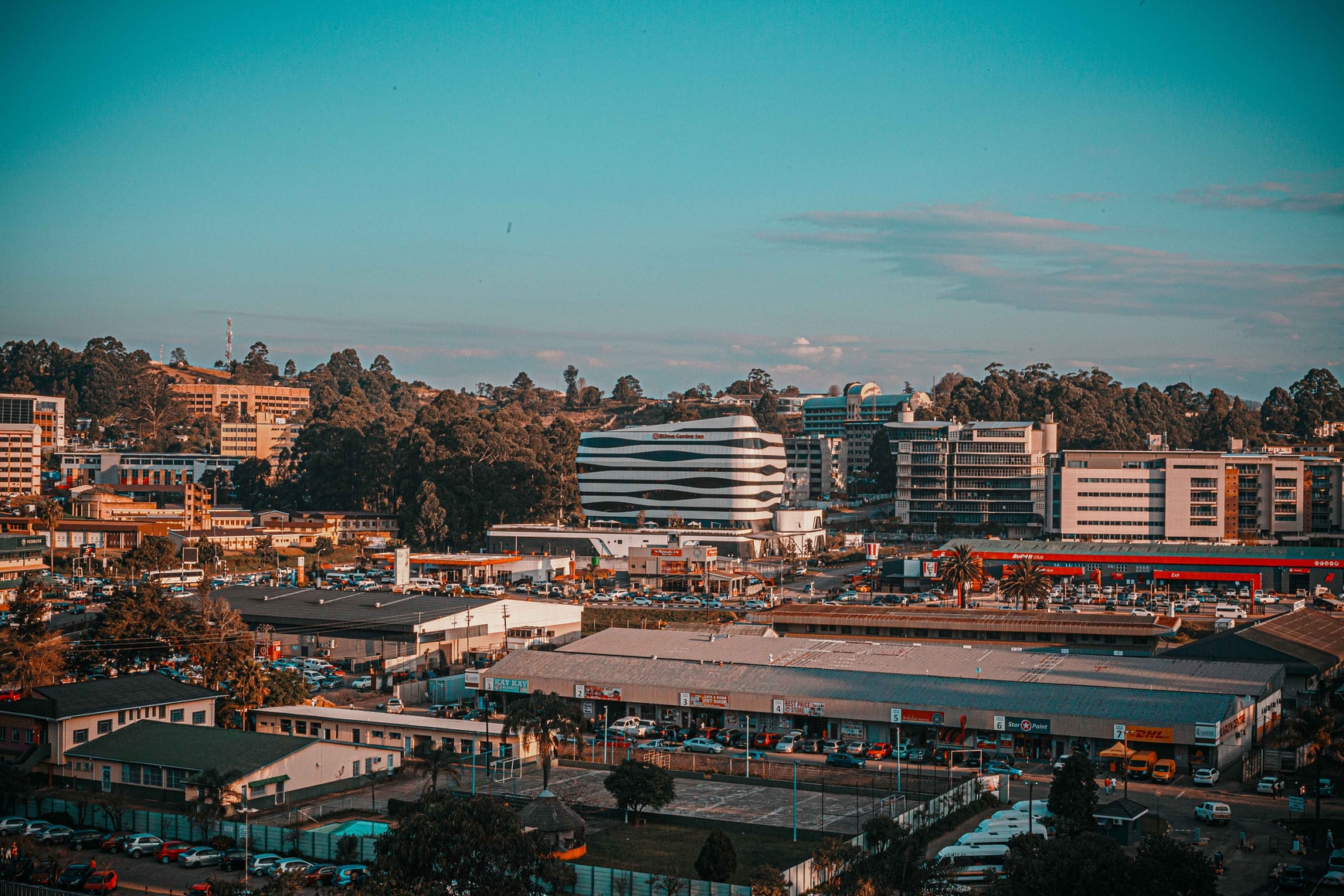Freedom of expression in Eswatini is on further decline as Prime Minister Cleopas Sipho Dlamini has announced online news publication Swaziland News and editor Zweli Dlamini are ‘terrorists’.

Dlamini has immediately hit back, saying this is another attack on media freedom in Eswatini.
“This declaration will not affect the operation of the Swaziland News because Swaziland News is registered in South Africa and has not been proscribed in South Africa and the world at large,” said Dlamini.
Prime Minister Cleopas Sipho Dlamini published the order early July in terms of Eswatini’s Suppression of Terrorism Act.
Eswatini, the last absolute monarch in Africa has a reputation of suppressing the rights to freedom of expression and of the press with apparent impunity, although protest action has increased over the past two years.
In 2014,The Nation editor, Bheki Makhubu, and human rights lawyer Thulani Maseko were convicted of contempt of court for having written articles that were critical of the regime and the then chief justice.
They were sentenced to two years’ imprisonment but were released after 15 months following mounting international pressure.
The Swazilland News
Over recent months, much of the online publications content has been strongly critical of the eSwatini authorities, particularly the security forces. Much of the coverage deals with how pro-democracy movements are being treated.
“Eswatini is known by the world for violating human rights, it is not democratic, it is ruled by an absolute monarch. We as the media have an obligation to report on what is happening on the ground without censoring ourselves,” said Dlamini.
Swaziland News is an independent online newspaper established in 2015 that seeks to provide uncensored insight of what is happening in the Kingdom of Eswatini. The publication commands a great following with over 49 000 thousand followers on Twitter and 222 000 thousand followers on its Facebook page.
Afraid for his life, Dlamini fled to South Africa in 2018 because of a series of government authority intimidation and harassment and later the banning of Swaziland News under Eswatini’s Registration of Books and Newspapers Act.
After fleeing, he registered and set up his online publication in South Africa and has joined the Press Council of SA, a self-regulatory body which monitors media conduct.
“Where there is dictatorship, the media become the first victim because the media is the voice of the people. So, when dictators want to silence the people they censor the media because they want to shut down the voice of the people,”
Continuous decline of media freedom in Eswatini
In July of 2021, the eruption of violent pro-democracy demonstrations in Eswatini led to protestors including journalists facing arbitrary arrests, intimidation, torture and the removal of means to disseminate information as they tried to report the ongoing conflict on the ground.
During these protests, New Frame journalists Magnificent Mndebele and Cebelihle Mbuyisa were abducted, detained and allegedly tortured by security forces in the country merely for doing their work as journalists.
According to the 2022 edition of the Reporters Without Borders (RSF) World Press Freedom Index, which assesses the state of journalism in 180 countries and territories, Eswatini ranks 131 of 180 in terms of media freedom.
In March 2021 a submission by Human Rights Watch (HRW) also found that eSwatini ranks among the lowest in the world in terms of countries’ level of media freedom.
While section 24 of Eswatini’s constitution makes provision for freedom of expression, journalists are hamstrung by state interference and harassment.
Though legislative framework exists which is supposed to protect media freedom, the opposite is true according to HRW.
The Campaign for Free Expression (CFE) in a statement has expressed strong concern at the declaration and called on the government to revoke it.
“This declaration is not only contrary to the Constitution of Eswatini, but also international instruments which Eswatini is party to, such as the Universal Declaration of Human Rights, the International Covenant on Economic, Social and Cultural Rights and the International Covenant on Civil and Political Rights, the AU Protocol on the Media, the 1991 Windhoek Declaration and the 2021 update, Windhoek +30,” read the statement.
During a recent United Nations Human Rights Council universal periodic review of Eswatini, Minister of Justice and Constitutional Affairs of Eswatini Pholile Shakantu said The Public Order Act of 2017 fully protected and allowed citizens to enjoy the rights to freedom of expression, association and peaceful assembly. However these rights are not absolute.
“Like all other rights, these rights were not absolute – common limitations and boundaries applied. Inciting violence, riots, violent gatherings, burning and destroying of public or private property was illegal and was not protected by freedom of speech or assembly,” she said during the sitting.

